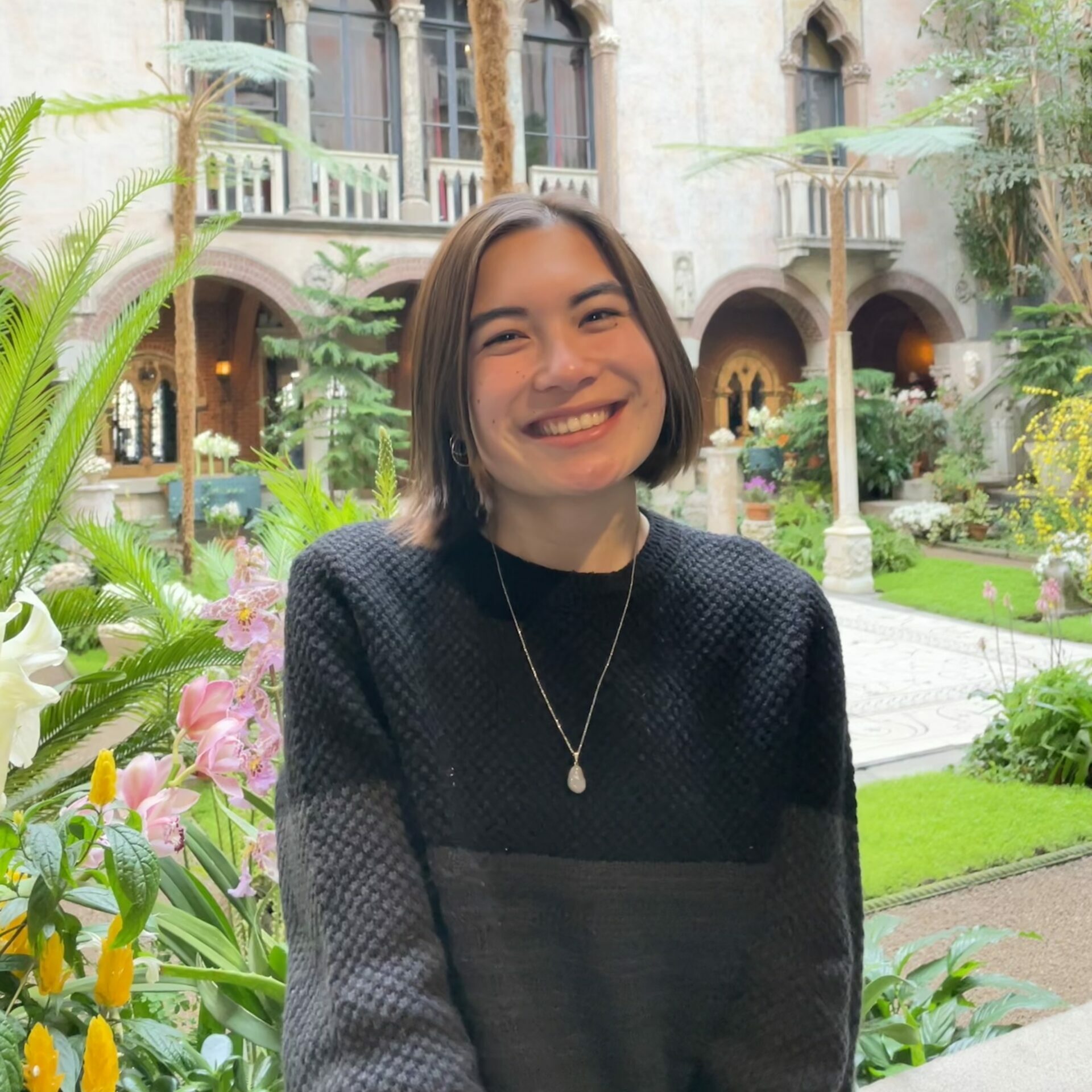Team
Akemi Ito

How I got into science
If I had the opportunity to go back in time and relive a moment from my past, I would go back to 2012. You may wonder, why 2012? Of all the moments you could go back and relive, why would you choose one from sixth grade? I would choose a moment from age 12 because it is at this age that I truly discovered my love for science. Little did I know that winning 1st place at the San Benito County Science Fair for my science fair experiment on viscosity would change my life. On top of winning a gift card to the only movie theater in my small hometown, I also won the opportunity to travel down to Southern California and compete at the 2012 California State Science Fair. Although I didn’t win, the joy I felt standing in front of my poster, speaking to the judges about my experiment, and noticing my mom gleaming with pride from the side of the room made it impossible to ever love another subject as much as I love science.
Fast forward to my freshman year of college, I was faced with a decision. Do I major in biology or behavioral neuroscience? Most of my exposure to science up until this point was primarily biology centered, so this felt like the safe option, but there was something intriguing about neuroscience. For context, chemistry and I are NOT friends so soon after realizing that organic chemistry was a requirement for the biology major but not the neuroscience major, I declared neuroscience and never looked back. I quickly became enthralled with the inner workings of this mysterious organ that resides in our heads. Growing in curiosity, I spontaneously reached out to a handful of neuroscience professors at my undergraduate university and landed in Dr. Jena Hales’ memory research lab. I picked up one rat and it was a done deal; I knew I wanted a future in scientific research. Within that same year, I was fortunate enough to be accepted into the TRiO Ronald E. McNair Post-Baccalaureate Achievement Program that supported my research endeavors by providing funding for summer research training, exposure to early scholarly experiences, and assistance with application materials for various graduate programs.
To my mother who took me to my first science fair, Dr. Hales who showed me the awesomeness of neuroscience research, and to the McNair Scholars Program for helping me learn more about graduate school, I have so many people to thank for getting me to where I am today.
Non-science biography:
Way back in the year 2000, a math teacher and a history teacher had a baby and named her Akemi (pronounced uh-chem-me). And here I am today.
Along with my older brother and younger sister, I was raised in the small town of Hollister, California and no…it is nothing like the store; think less surfers and more cows. I then moved down to San Diego for college and dedicated most of my time to finding the best tacos (Tacos El Gordo!!) and establishing long lasting relationships. And finally, sort of spontaneously, I decided to move across the country away from family, friends, amazing Mexican food, and sunshine year around in pursuit of a PhD in Neuroscience from Boston University – and I am so happy I did. Since moving to Boston, you can find me bundled in my new winter coat amazed at the snow falling from the sky, visiting local coffee shops (even though I am not a coffee drinker, but I love the #vibes), and figuring out how the MBTA system works.
In my free time I enjoy calling loved ones back home, soaking up the sun pretending I can photosynthesize, going to baseball games (excited for my first Red Sox game but always and forever, Go Giants), and trying not to kill my plants.
Research Interests
In Dr. Hales’ lab at the University of San Diego, we were primarily interested in understanding how the brain processes the critical features of time and space in memory formation and retrieval. This was done using behavioral tasks combined with precise stereotaxic, neurosurgical manipulations, and detailed histological processing. At Boston University, I am interested in studying hippocampal circuitry and dynamics underlying memory formation, storage, and retrieval using various optical techniques.
Favorite...
Book:
The Summer I Turned Pretty Series by Jenny Han
Movie:
A Cinderella Story
Show:
Friends or Modern Family
Music:
Only my Spotify friends get to know this
Food:
Green Beans or Cheesecake
Drink:
Orange Juice
Activity:
Sleeping, Reading, Planning my next trip
Coffee, friend or foe:
Foe, but I just started grad school so stay tuned
One thing I’m sorry I’m not sorry about
How long I lay in bed after waking up.
What I look for in a scientist
An important characteristic of a scientist is not only an ability, but a willingness to look at situations from different perspectives. Sometimes, especially in science, it is easy to be super zoomed in on the topic that we forget to take a step back and look at it from a big picture perspective. On top of that, someone that leans into their curiosity and has the patience to explain complicated concepts to others gets a scientific 10/10 from me!